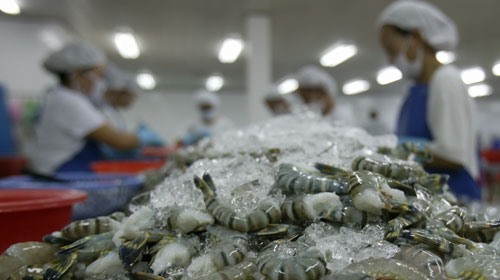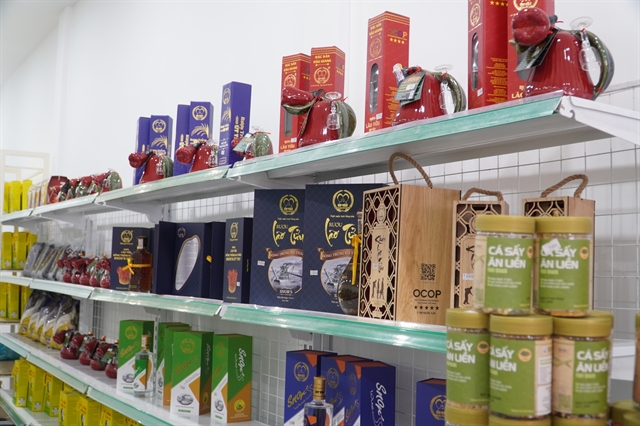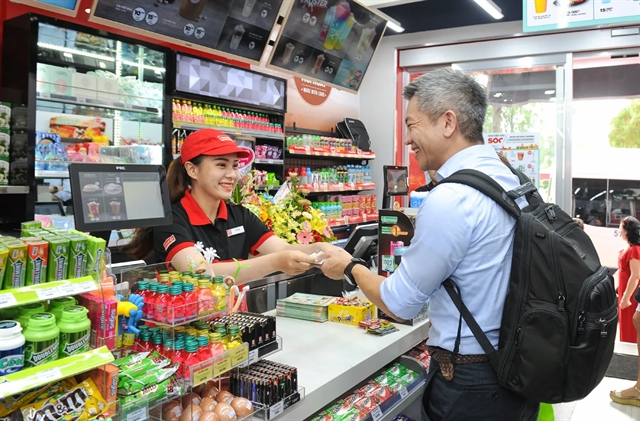 Economy
Economy


|
| Processing shrimp for export at a factory in Việt Nam. — Photo kinhtenongthon.com.vn |
HÀ NỘI — Việt Nam’s shrimp exports have surged to their highest level in three years, reaching more than US$3.4 billion in the first nine months of 2025, a 22 per cent year-on-year increase.
According to the Vietnam Association of Seafood Exporters and Producers (VASEP), the strong growth was driven by recovering demand in China, the US, the EU and the CPTPP bloc, along with Vietnamese businesses’ flexible adaptation to changing product segments and markets.
Exports to China and Hong Kong brought in $966 million, up 65 per cent and accounting for nearly 30 per cent of total turnover. However, rapidly rising inventories in these markets may cause imports to slow in the fourth quarter of this year and early next year.
Shipments to the US reached $587 million, a modest 4 per cent rise, as exporters remained cautious about potential anti-dumping tariffs. Many businesses are shifting their focus to the EU and other Asian markets to diversify and reduce risk.
The CPTPP bloc recorded nearly $941 million in exports, up 34 per cent, with Japan leading the group at $426 million thanks to stable demand for convenient, sustainably processed products. Exports to the EU totalled $434 million, an increase of 21 per cent.
Elsewhere in Asia, South Korea and Taiwan (China) saw strong double-digit growth of 13 per cent and 36 per cent respectively, while Russia and Canada showed signs of stagnation.
VASEP forecast that shrimp exports might ease slightly in the final quarter due to difficulties in the US market. However, Indonesia’s tighter export controls and Ecuador’s focus on China could reduce supply pressure elsewhere, creating favourable conditions for Vietnamese shrimp to maintain stable prices in the EU, Japan and South Korea.
The association said prospects for exports to the EU would remain positive through the year-end festive season and into 2026.
While global oversupply and cooling prices might slow growth, Việt Nam’s advantages under the EVFTA, along with its strong processing capacity and export experience, would position it well to sustain momentum. VASEP noted that the industry could continue to expand market share by adapting swiftly to market trends and strengthening the national seafood brand. — VNS




